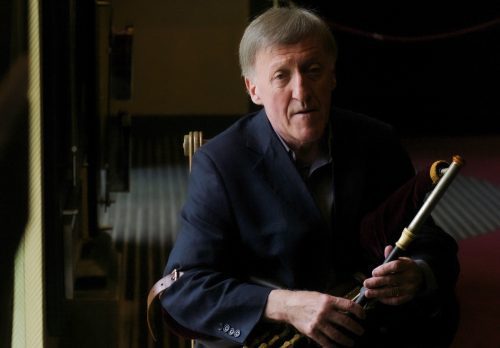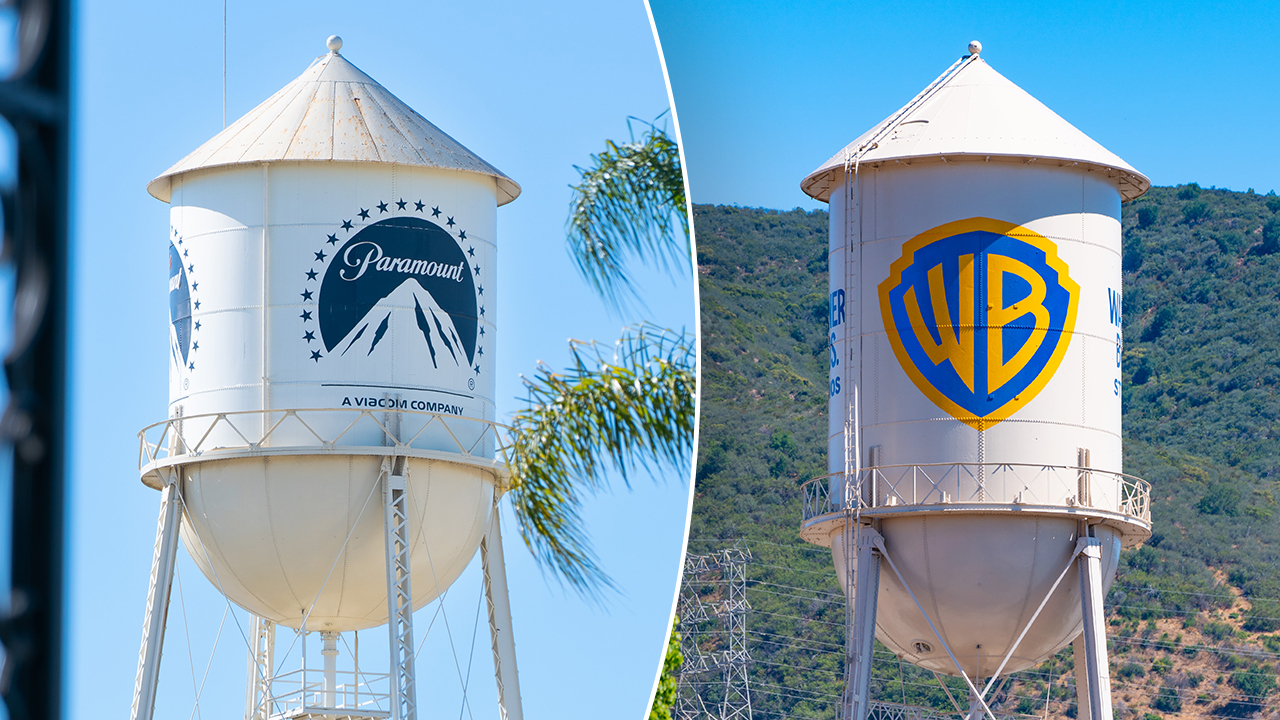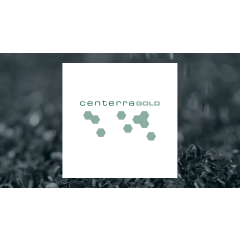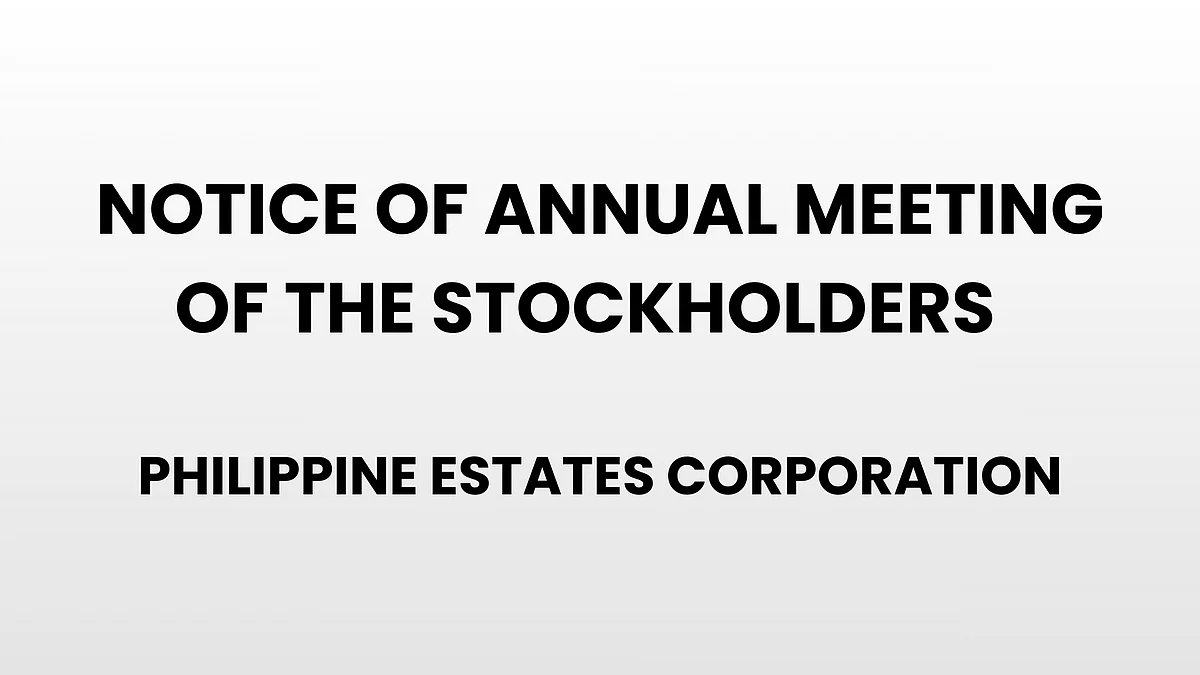By David Hennessy,Kevin Conneff
Copyright theirishworld

Kevin Conneff, formerly of The Chieftains, spoke to David Hennessy ahead of his Dublin Trio coming to The Irish Cultural Centre at the weekend.
Three Internationally acclaimed touring and recording artists with a shared passion in traditional Irish music come to the Irish Cultural Centre this weekend
The Dublin Trio is led by Kevin Conneff, of The Chieftains, on vocals and bodhrán with Joe McKenna on pipes and Tony Byrne on guitar.
Each has an extensive background in live performance and deep love of music which translates to a magical experience for the audience.
Kevin Conneff is best known as the bodhrán player and vocalist with The Chieftains from 1976.
A Dubliner, he first became interested in traditional Irish music in the 1960’s, when he and some workmates hitched to fleadhanna ceoil all over Ireland, sleeping in hay barns and eating tins of Denny’s stew!
In Dublin, he frequented O’Donoghue’s, The Pipers Club, The Clareman’s Association and the weekly session in Church Street.
For many years, he and friends ran the prestigious Tradition Club in Slattery’s of Capel Street, where singers and musicians from all over Ireland and the U.K. performed.
These included Willie Clancy, Séamus Ennis, Joe Heaney, Treasa Ní Mhiolláin, Ewan MacColl, Peggy Seeger and Anne Briggs.
Apart from touring and recording with The Chieftains, he has performed with Mary Bergin, Tim Edey, Redmond O’Toole, and from Nashville, Jeff White, Laura Cash and Deanie Richardson
Joe McKenna has played at all of the major Irish festivals and gigs in America along with the Clancy Brothers, The Boys of the Lough and De Danann.
Tony Byrne, Dublin guitarist, has played with Danú, Sharon Shannon, Michael McGoldrick, Gerry O’Connor, David Munnelly Band, Matt Molloy, Paul Brady, Julie Fowlis, Lunasa and many more.
Kevin Conneff spoke to The Irish World to look ahead to the upcoming London show.
Are you looking forward to coming over to London?
“I certainly am.
“Just beforehand, we’re playing a Dublin gig.
“We haven’t played a gig for a while.
“We have got together in sessions but that’s not the same as doing a proper concert so we’re looking forward to it.”
You say it has been a while, what is it like when you get together onstage?
“Well, it’s fun first of all, serious fun.
“You we have to take the gig seriously and mix the material so that you keep people interested but that’s a lesson I learned from my many years with Paddy Moloney and The Chieftains.”
You have had a long career, do you still enjoy the music as much as ever?
“Very much so.
“Oddly enough, I get nervous.
“I still do solo gigs as well.
“I get probably more nervous than when I was younger but then one has a thicker neck when one is younger.
“But I think one or two numbers into a gig we’re always flying, the nervousness goes and you just get into the swing.”
You just mentioned Paddy Moloney there who you played with for many years and sadly passed in 2021..
“45 years, I couldn’t believe it when I added it up.
“Well, COVID brought us to an end really.”
What were the highlights of what you did?
“It’s very hard to pinpoint one or two but there are some memorable concerts.
“I remember in LA the first time I ever went that side of the world, 1977 I think we played in in Santa Monica, and there was people like Linda Ronstadt coming backstage and just singing our praises and saying how much she enjoyed the gig, The Band coming to our gigs, Don Henley and people like that.
“I mean, that was meeting big names but in the long run, the biggest compliments are from your home, musicians at home and from a solo point of view, people Like Séamus Ennis or Willie Clancy asked me to sing.
“That was probably the greatest compliment of all.”
And you performed with so many great people like Mick Jagger even..
“Yeah, that was fun. My God.
“I remember that day well in Windmill Lane studio in Dublin, because Mick was first to arrive and was quite serious about the two numbers we had chosen to do.
“The rest arrived a little bit later with a few bottles.
“You could hear them, the bag of bottles rattling as they came up the stairs.
“We had great fun doing it and for The Rocky Road to Dublin, Ron Wood was supposed to do the singing on that.
“Paddy had even gone down to Clane where Ron had a place, he probably still has a place, to rehearse it and ended up just playing pool and drinking pints of Guinness.
“But when they came into studio, Paddy assumed I had written out the words for him and assumed that he had been rehearsing but I had done a ghost track for him to sing over and he said, ‘I can’t sing that!’ so hence my vocals was left on The Rocky Road and he never did it but we had great fun in the studio that day, I remember.”
That the Rolling Stones and others were happy to collaborate with you shows the regard you are held in. Whether you thought about it or fully appreciated at the time, you were trailblazers for Irish music..
“Paddy was the driving force, let’s face it.
“I mean he was The Chieftains really and when it came to dealing with managers and record companies, no better man.
“He was a wily fox because it’s a pretty grim business, that side of it.
“I wouldn’t have a clue but Paddy was able to handle the operators in the recording and management and promoting world.
“He didn’t actually get COVID.
“We were planning a big sixty years of the chieftains tour.
“The wheels were in motion and a big compilation put together of archival stuff and everything.
“And then, sadly, during COVID, he just had major health problems and kind of threw in the towel, I suspect.
“He couldn’t do anything.
“Paddy always had one or two projects if not three going at the same time and during COVID, it affected so many people in so many ways and so the celebration of sixty years of The Chieftains just didn’t happen sadly.
“He was getting frail.
“To be terribly honest, I wasn’t shocked, as shocked as some people were when they heard he had died because I saw him failing the last couple of years.
“Even on the road, I think he was finding it very tough.”
Another of your bandmates passed away in recent years with Seán Keane passing in 2023..
“That really shocked me.
“We played when Joe Biden was here in Mayo.
“That was the last time we were called The Chieftains.
“Paddy wasn’t with us but we paid tribute to him and did this gig in Ballina in County Mayo.
“And a week later, there was, there was a couple of things happening in Dublin.
“The great Seán Corcoran, with whom I was involved in the Tradition Club in Flattery’s in Dublin, which ran for 17 or 18 year, there was a memorial session for him to be in in the Pipers Corner pub in Dublin.
“I rang Seán and he said, ‘I’ll try and get there but I’m playing for Darkness into Light’.
“But he said, ‘If I’m not too tired, if I don’t have to go to bed after it, I’ll get in to that session’.
“He did the Darkness into Light gig but then he just went to bed and was found dead in bed.
“He had a massive heart attack apparently, but died in his sleep, which was terribly sad.
“Apart from being a stunning musician, I loved him dearly.
“Very sad.”
You just mentioned the Tradition club there which you were involved in before your time in The Chieftains, isn’t that right?
“Oh gosh, yeah.
“The Tradition Club was going from the 60s.
“It was the time of the so called folk revival so you had lots of ballad groups, some of them really good, all around the pubs in Dublin.
“But we had begun going to Fleadh Cheoil around the country and hearing the great traditional music players and singers and we decided, ‘Well, so much for the ballad groups but why don’t we have a club that highlights these great traditional musicians, fiddle players, flute players, singers and bring them to Dublin?’
“So we had one night a week in Slattery’s and we had everybody.
“We had Willie Clancy, Séamus Ennis, Seanie McDonacha, all the great sean nós singers.
“And from England we had Bert Lloyd came over, Ewan McCall and Peggy Seager.
“That was a huge success, The Tradition Club and we put a lot of work into it. I’m very proud of that particular episode of my life because a lot of people I meet people today remember Tradition Club fondly.
“Prominent people like John Banville, the writer, was a regular.
“And people like Paul Durkan used to come along because they knew what they were going to hear was pure traditional music and singing.”
That’s where you met a lot of those who would be your bandmates in The Chieftains, isn’t it?
“That’s right.
“Seán was a regular player, Seán Keane.
“Mick Tubridy was a regular player.
“Paddy played one time.
“It took me a long time to get him into The Tradition Club but he came along, and Seán Potts came with him, and the pair of them played a blinder, I remember, that night.
“I would have known Seán Keane and Mick Tubridy really well.
“I believe I heard later from Paddy Moloney that it was Seán Keane that recommended me as the bodhrán player to take over from Peadar (Mercier) back in the day.
“I joined in 1976.”
You came to music a little bit later than some of the other players in the band, isn’t that right?
“Yeah, it wasn’t in our family.
“We would listen to traditional music whenever it came on the radio which, in those days, was seldom.
“My father was more into John McCormack and the great tenors, Percy French all of which is great.
“I left school when I was 15 and just took the quickest job I could find because some of my mates had done that and they were able to go to the cinema and things whereas I couldn’t go anywhere.
“So unbeknownst to my parents, I got it. I went out and got a job and they were shocked that I hadn’t stayed in education.
“But anyway in the job, there were these lads who were into traditional music and they invited me to go along with them to a Fleadh Cheoil, that would have been about 1962 or 1963 so a gang of us just headed off.
“We rented a car or whatever and went off to a Fleadh Cheoil and I was just absolutely gobsmacked.
“I was big into jazz at the time.
“I was listening to the likes of Charlie Parker and Gerry Mulligan and apart from pop music.
“I grew up with Elvis and Little Richard like every kid of my era but I didn’t realise what a rich tradition Irish music was.
“I went along to a Fleadh Cheoil and sitting up close to these great flute players and fiddle players and just watching their fingers and listening to them going from one tune into another and maybe five or six tunes on the trot, just with a nod to each other- I was just absolutely gobsmacked and realised, ‘My God’.
“And then I started going to the ballad sessions and listening to the traditional songs and became very interested in the ballads.”
You have worked with the great ballad singer Christy Moore, what was it like to work with him?
“I knew Christy.
“I played on the Prosperous album which actually was the germ of Planxty.
“When the Prosperous album was made, Christy had already left Ireland for England during the bank strike.
“He was a bank clerk and there was a bank strike and Christy went over and started as a troubadour around the English folk clubs.
“When he was back one time, I met him and he had a tour coming up around pretty much north of England, Birmingham, Manchester, Congleton, places like that, and asked me to join him.
“We did a kind of a double bill, the two of us traveling around in his bashed up Volkswagen and sleeping rough.
“That was great craic.
“I think that was 1967.
“And then later I remember doing the singers club in London.
“I think it was the first time I heard Frankie Armstrong singing there as well.
“That was a wonderful venue in London at the time.”
Did you always enjoy coming over to the UK?
“I did and, of course, when The Chieftains were at their height, we would have a tour bus.
“We would go from Portsmouth up to Aberdeen touring the UK every year.
“We played venues all over the UK and I used to enjoy that.
“That was good fun playing scrabble on a bus.
“I saw a fair bit of England out the window of touring coaches.
“I did enjoy it and the audiences were great.
“Even though I was still active in the Chieftains, I had done a solo album back in 1988.
“I just felt an itch to do it.
“I was going to do another solo album.
“CDs don’t sell anymore so it’s just to keep yourself interested that one does these things.
“I was thinking of this album and then I was in an informal session in a village here in Hollywood, County Wicklow and Joe McKenna was playing at it.
“I know Joe for years and I just said, ‘How would you fancy maybe putting a trio together?’
“And he was all on for it.
“I knew Tony Byrne the great guitar player who plays with Julie Fowlis and different groups.
“He plays with Danú as well.
“I approached him because I had done a gig with him in Dublin the year of the tsunami in Japan and I was bowled over by his playing.
“I approached him and he was delighted so himself and myself and Joe got together and thought on what name to call ourselves.
“I just thought, ‘We’re all Dubs so why don’t we just settle on something simple like the Dublin Trio?
“So that was settled and then we did a couple of gigs and they went down really well so we decided to do a CD and recorded The Pride of Pimlico.
“The first major gig we did was the Séamus Ennis Centre.
“They lifted certain restrictions on COVID so they were able to do an outdoor gig in the Séamus Ennis Centre and that was really well attended and it went down really well but they had to queue and wash their hands coming in.
“It was a weird situation but that was the days of COVID.
“we’re doing the Dublin Tradfest next January.
“We did the Smithfield Tradfest last summer.”
You’re enjoying this new project?
“I totally enjoy the gigs after initial nerves.
“Once we get going, we really enjoy ourselves so I’m looking forward to it.
“Apart from the material on the album, we have other stuff we can delve into.
“And Joe, of course, plays accordion and a variety of whistles as well. I’ve got him to sing as well so that’ll be interesting.
“I’m hoping to keep going now with the Dublin Trio even though I’m of fairly serious years in age now but I’m still quite healthy and go hill walking and still playing away and singing away here at home and in sessions.
“We’re raring to go and I’m looking forward to it.”
Kevin Conneff presents The Dublin Trio at The Irish Cultural Centre on Sunday 21 September, doors 7pm.
Kevin also holds the workshop, An Evening of Song and Rhythm on Monday 22 September.
To book, click here.
For more information about Kevin Conneff and The Dublin Trio, click here.



